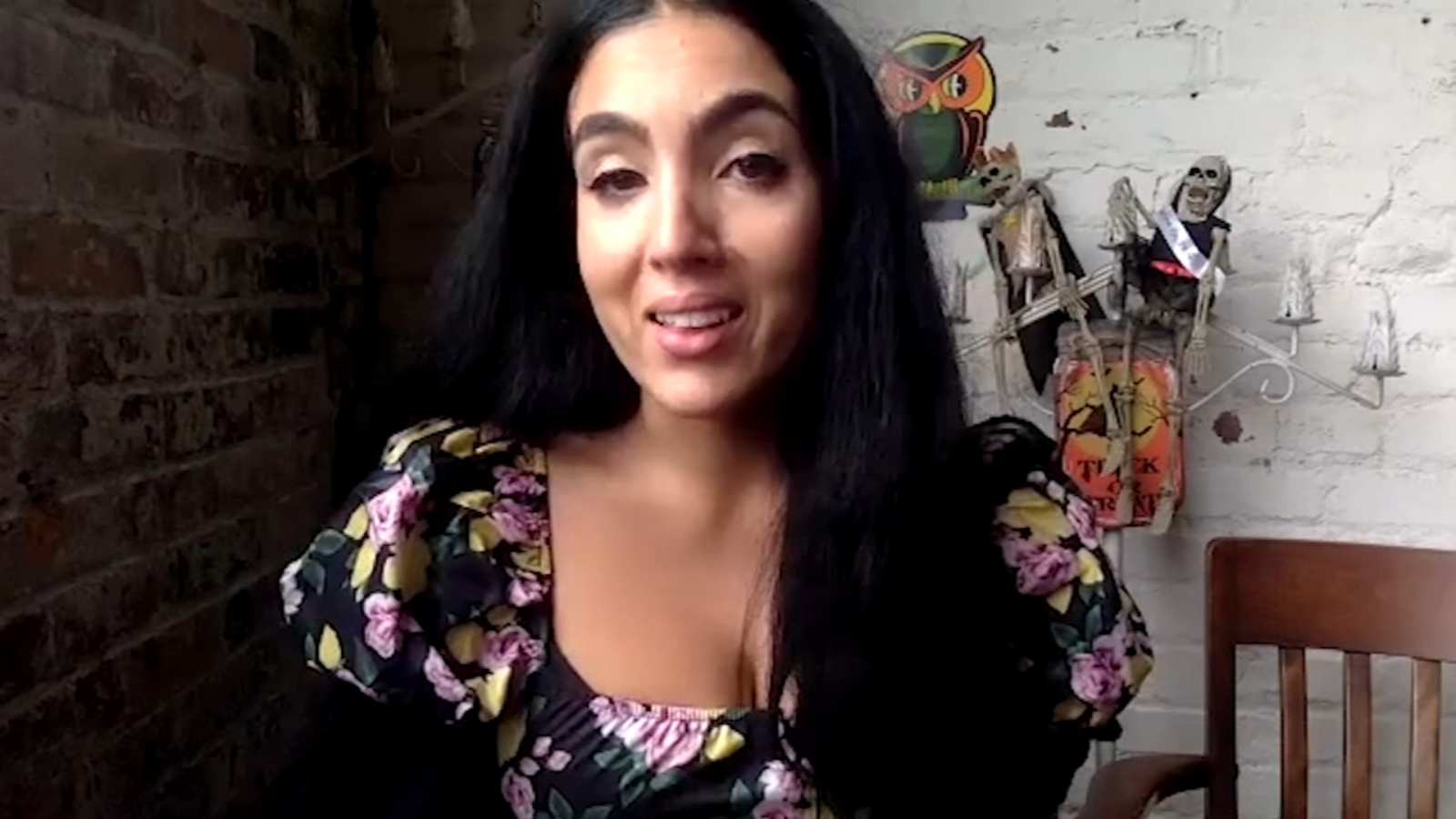The Heartbreaking Aftermath: A Family's Loss After A Racist Attack

Table of Contents
The Immediate Aftermath of the Racist Attack
The evening of the attack remains etched in the Johnson family's memory. The unprovoked assault, fueled by racial hatred, left them reeling. The immediate aftermath was a whirlwind of fear, chaos, and physical pain.
- Physical Injuries Sustained: Mr. Johnson suffered a severe concussion and multiple bruises. Mrs. Johnson sustained a broken arm, and their young daughter, Lily, experienced emotional shock and minor injuries.
- Initial Emotional Responses: The family was plunged into a state of shock, fear, and overwhelming anger. The feeling of vulnerability and betrayal was profound.
- Immediate Actions Taken: 911 was immediately contacted, and emergency services rushed the family to the nearest hospital. Neighbors, alerted by the commotion, provided immediate comfort and support.
- Witness Accounts: Several neighbors witnessed the attack and provided crucial statements to the police, aiding in the subsequent investigation. Their testimonies helped paint a clearer picture of the violence and the perpetrator's hateful motivations.
Long-Term Emotional and Psychological Trauma
The physical wounds eventually healed, but the emotional scars linger. The racist attack inflicted deep psychological wounds on the Johnson family.
- PTSD (Post-Traumatic Stress Disorder) and its symptoms: All family members now struggle with PTSD, experiencing flashbacks, nightmares, and intense anxiety. Hypervigilance and avoidance of public spaces have become commonplace.
- Anxiety and Depression: The trauma has triggered significant anxiety and depressive symptoms, impacting their daily lives and relationships.
- Sleep Disturbances and Nightmares: Sleepless nights, punctuated by recurring nightmares of the attack, further exacerbate their emotional distress.
- Impact on Children and their Development: Lily, still young, exhibits behavioral changes, struggles to concentrate, and displays signs of anxiety. The trauma threatens her healthy development.
- Strain on Family Relationships: The shared trauma has put a significant strain on family relationships, requiring professional help to navigate complex emotions and rebuild trust.
The Struggle for Justice and Accountability
Seeking justice after a racist attack is a daunting process, often fraught with bureaucratic hurdles and emotional exhaustion. The Johnsons' journey exemplifies these challenges.
- Reporting the Crime to Law Enforcement: Reporting the hate crime to law enforcement was the first step, but navigating the complexities of the legal system proved arduous.
- Navigating the Legal System (Investigations, Trials): The investigation was lengthy and emotionally taxing. The family had to relive the trauma repeatedly during interviews and testimonies.
- Dealing with Potential Delays and Frustrations: Delays in the legal process are common, causing added stress and anxiety for the victims.
- Challenges in Obtaining Justice in Hate Crime Cases: Proving hate as a motive in hate crime cases can be challenging, requiring meticulous evidence gathering and expert testimony.
- The Role of Community Support and Advocacy Groups: The support of community organizations and advocacy groups proved invaluable, providing legal aid, emotional support, and a sense of collective strength in the face of adversity.
Community Response and Support Systems
The outpouring of community support following the racist attack underscored the power of collective action against racial violence.
- Role of Community Organizations in Providing Aid: Local organizations provided vital resources, including food, shelter, and counseling services.
- Fundraising Efforts and Financial Assistance: Community fundraisers helped alleviate the financial burden of medical expenses and legal fees.
- Access to Mental Health Services and Therapy: Access to professional mental health services, including therapy and trauma-focused treatment, has been crucial to the family's healing process.
- Importance of Legal Aid and Representation: Pro bono legal aid and representation from civil rights organizations ensured the family received fair legal counsel.
- The Power of Collective Action Against Racial Violence: The community's response demonstrated the power of collective action in combating hate and providing a support system for victims of racial violence.
The Long Road to Healing and Recovery
The Johnson family's journey toward healing is a long and complex process. There is no quick fix for the profound trauma they’ve endured.
- Strategies for Coping with Trauma: The family is actively engaged in various coping strategies, including therapy, support groups, and mindfulness practices.
- Importance of Seeking Professional Help: Professional help is essential for processing trauma and developing healthy coping mechanisms.
- The Role of Self-Care and Support Networks: Self-care, coupled with strong support networks, plays a vital role in recovery.
- The Long-Term Effects on the Family's Well-being: The long-term effects of the attack will undoubtedly continue to affect the family’s lives, requiring ongoing support and care.
- Finding Hope and Moving Forward: Despite the immense challenges, the family remains determined to find hope, rebuild their lives, and advocate for an end to racial injustice.
Conclusion:
The racist attack on the Johnson family serves as a poignant reminder of the devastating consequences of hate crimes. The physical and emotional toll is immeasurable, and the struggle for justice is often arduous. The family’s experience highlights the critical need for strong community support systems, accessible mental health resources, and a robust legal framework to hold perpetrators accountable. We must all actively work to prevent future instances of racist attacks and racial hate crimes. By supporting organizations dedicated to fighting racial injustice, advocating for stronger hate crime legislation, and fostering empathy and understanding in our communities, we can strive towards a more just and equitable society. Learn more about combating racial violence and supporting victims by visiting [link to relevant organization 1] and [link to relevant organization 2]. Let's work together to end racial injustice and build a future free from hate-motivated violence.

Featured Posts
-
 Trump Taps Jeanine Pirro As Top D C Prosecutor
May 10, 2025
Trump Taps Jeanine Pirro As Top D C Prosecutor
May 10, 2025 -
 25m Funding Gap For West Ham Financial Strategies And Implications
May 10, 2025
25m Funding Gap For West Ham Financial Strategies And Implications
May 10, 2025 -
 Palantirs Potential Can It Achieve A Trillion Dollar Market Cap In The Next Decade
May 10, 2025
Palantirs Potential Can It Achieve A Trillion Dollar Market Cap In The Next Decade
May 10, 2025 -
 Dakota Johnson Kraujosruvos Paaiskejo Kas Nutiko
May 10, 2025
Dakota Johnson Kraujosruvos Paaiskejo Kas Nutiko
May 10, 2025 -
 Jeanine Pirros Background Exploring Her Education Net Worth And Professional Life
May 10, 2025
Jeanine Pirros Background Exploring Her Education Net Worth And Professional Life
May 10, 2025
